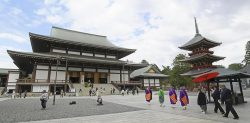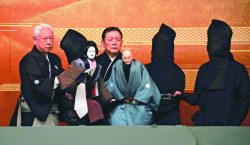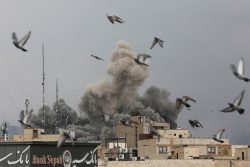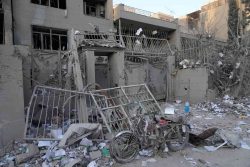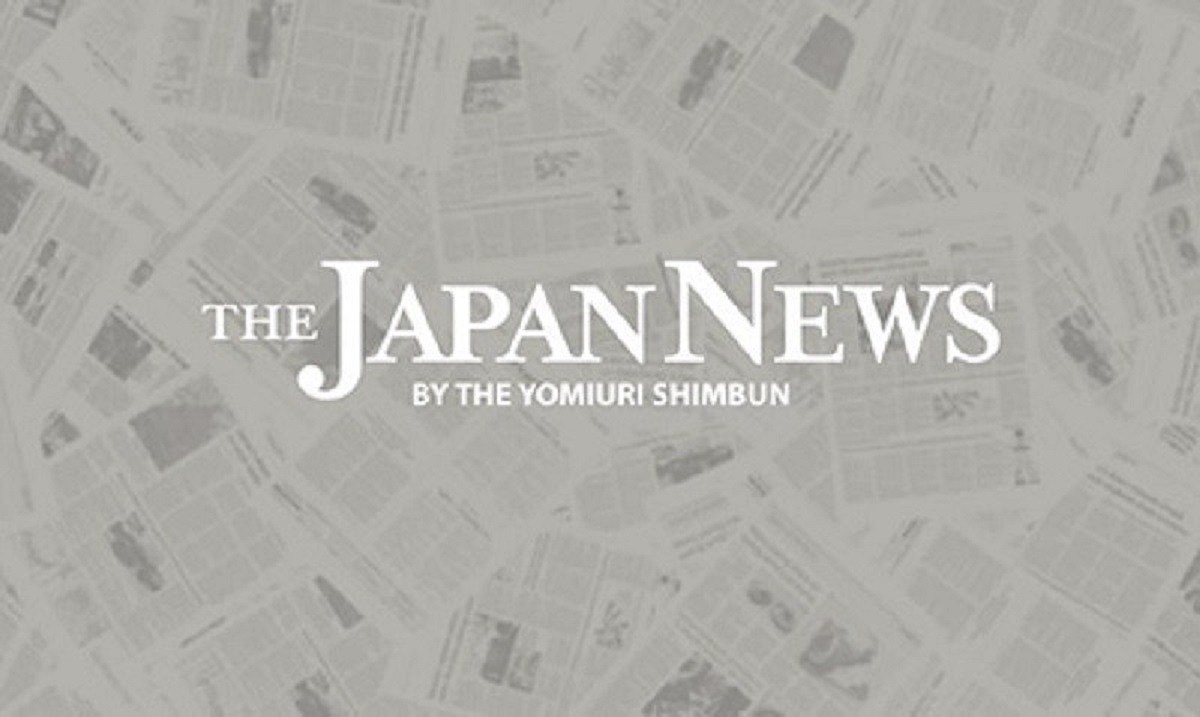
13:59 JST, January 18, 2021
Sunday marked the 30th anniversary of the outbreak of the Gulf War, in which multinational forces led by the U.S. launched a military attack against Iraq, which had invaded Kuwait, and restored order.
In recent years, the overwhelming power that the United States demonstrated at that time has been waning. It is necessary to question anew how to deal with attempts to destroy world peace.
The Gulf War broke out at a time when the international order led by the United States was consolidating following the end of the Cold War between the United States and the Soviet Union.
Neither the Soviet Union nor China opposed the attack by the multinational forces that was based on a U.N. Security Council resolution. Iraqi troops withdrew completely from Kuwait 1½ months after the start of the war.
The countries concerned gathered under the United States, which upholds the ideals of freedom and democracy, and eliminated the invasion that violated international law. It does not even need to be said that the action contributed to increasing the credibility of order based on the rule of law. It left a strong impression of the importance of U.S. leadership and international cooperation.
The situation has been changing drastically over the past 30 years. The question is how to strongly respond to a crisis similar to the Gulf War?
The wars on terrorism in Afghanistan and Iraq have consumed the United States militarily and economically, and have weakened its influence. The “America first” policy touted by the administration of U.S. President Donald Trump has accelerated the trend.
Under the current circumstances where the United States is in fierce conflict with China and Russia, it is also extremely difficult for the U.N. Security Council to approve the use of military power by multinational forces. It is essential for Japan and Europe among others to play a greater role and work to support the United States.
During the Gulf War, Japan provided a huge amount of financial support. After the war ended, the Self-Defense Forces dispatched vessels for a minesweeping mission, but the image that Japan was trying to buy peace could not be dispelled for a long time.
Also, in discussions within Japan, many parties were against an overseas dispatch of the SDF, saying it was a revival of militarism and could drag Japan into war. It is obvious that the fears proved to be groundless.
After that, with the aim of realizing visible international contributions, the government proceeded with the legislative arrangements concerning SDF personnel participating in U.N. peacekeeping operations and providing logistical support to multinational forces. Public support for these activities has been firmly established.
Japan now advocates a policy of proactive contribution to peace in its national security strategy, and it can be said that this is the result of the country learning lessons from its experience of the Gulf War.
The free and open Indo-Pacific vision has become a concept to extend the circle of cooperation to cover the regions of the United States, Asia and Europe. It is desirable to reaffirm how important it is for Japan to proactively contribute to the peace and stability of the international community.
Top Articles in Editorial & Columns
-

Riku-Ryu Pair Wins Gold Medal: Their Strong Bond Leads to Major Comeback Victory
-

Reciprocal Tariffs Ruled Illegal: Judiciary Would Not Tolerate President’s High-Handed Approach
-

China Provoked Takaichi into Risky Move of Dissolving House of Representatives, But It’s a Gamble She Just Might Win
-

Japan’s Plan for Investment in U.S.: Aim for Mutual Development by Ensuring Profitability
-

Flu Cases Surging Again: Infection Can Also Be Prevented by Humidifying Indoor Spaces
JN ACCESS RANKING
-

Producer Behind Pop Group XG Arrested for Cocaine Possession
-

Japan PM Takaichi’s Cabinet Resigns en Masse
-

Man Infected with Measles Reportedly Dined at Restaurant in Tokyo Station
-

Israeli Ambassador to Japan Speaks about Japan’s Role in the Reconstruction of Gaza
-

Videos Plagiarized, Reposted with False Subtitles Claiming ‘Ryukyu Belongs to China’; Anti-China False Information Also Posted in Japan



